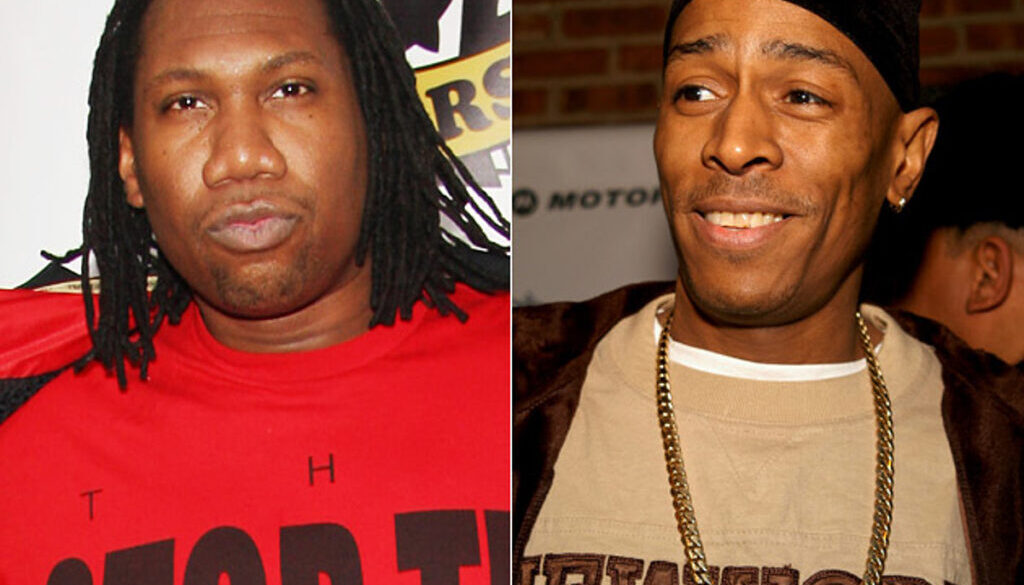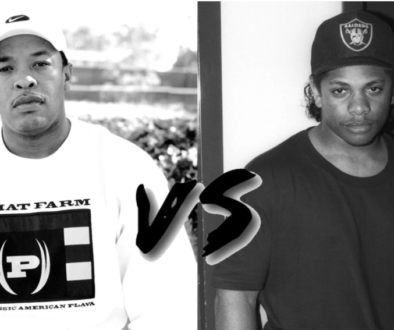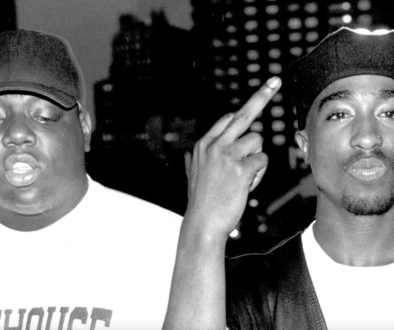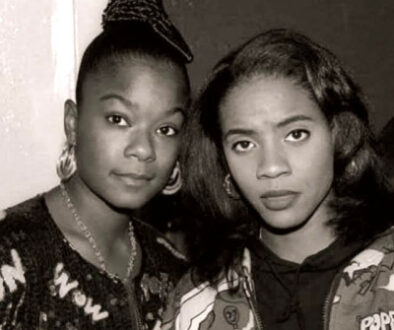The MC Shan and KRS-One Feud: A Battle Over Hip-Hop’s Origins and Regional Rivalries
The feud between MC Shan and KRS-One is one of hip-hop’s most compelling and historically significant rivalries, rooted in the battle over the origins of the genre itself. This conflict, emerging in the late 1980s, was not merely a clash of egos but a symbolic struggle that encapsulated the growing tensions between different regional hip-hop communities. MC Shan, a prominent figure in the East Coast scene and a key member of the Juice Crew, found himself at odds with KRS-One of Boogie Down Productions, whose alignment with the West Coast’s rival scene added fuel to the fire. This rivalry not only highlighted the contentious debate over hip-hop’s birthplace but also underscored the broader regional conflicts that would come to shape the genre’s evolution.
The MC Shan and KRS-One feud was fundamentally about the origin story of hip-hop, a debate that touched on deeper issues of cultural ownership and regional pride. MC Shan, a leading artist in the East Coast scene, was a member of the Juice Crew, a collective that included influential figures such as Marley Marl, Big Daddy Kane, and Roxanne Shante. The Juice Crew was instrumental in shaping the early sound of East Coast hip-hop, characterized by its complex lyricism and innovative production.
KRS-One, born Lawrence Parker, emerged as a key figure in Boogie Down Productions (BDP), a group that challenged the prevailing narratives of hip-hop’s origins. KRS-One, often referred to as the “Teacha,” championed the Bronx as the birthplace of hip-hop, a claim that was fiercely contested by MC Shan and others in the Juice Crew, who had their own perspective on the genre’s roots.
The core of the feud lay in a debate over where hip-hop truly originated. MC Shan and the Juice Crew asserted that hip-hop’s birthplace was not solely the Bronx but a broader, more inclusive origin that included other boroughs and neighborhoods in New York City. Shan’s stance was partly a reflection of his pride in the diverse contributions to the genre and a desire to emphasize the collective nature of hip-hop’s emergence.
In contrast, KRS-One’s position was more localized and assertive. He argued that the Bronx was the epicenter of hip-hop, claiming that the genre originated there and that its cultural significance should be attributed primarily to that borough. This assertion was not just about geography but about cultural ownership and historical significance, and KRS-One used it to bolster the identity of Boogie Down Productions and the West Coast’s burgeoning hip-hop scene.
The rivalry between MC Shan and KRS-One was characterized by a series of high-profile diss tracks and public statements that crystallized the debate. MC Shan’s “The Bridge” was a notable track that asserted the presence of hip-hop outside the Bronx, and it was seen as a direct challenge to KRS-One’s claims. KRS-One responded with “South Bronx,” a track that famously proclaimed the Bronx as hip-hop’s true birthplace and criticized Shan’s assertions.
The exchange between the two artists was not merely about their individual careers but about broader regional and cultural claims. KRS-One’s response in “South Bronx” was particularly impactful, as it became an anthem for the Bronx and solidified KRS-One’s position as a vocal advocate for the borough’s central role in hip-hop’s history.
The MC Shan and KRS-One feud had far-reaching implications for the hip-hop community. On a broader level, it highlighted the growing regional tensions within the genre. The East Coast-West Coast rivalry, which would later dominate the 1990s, was foreshadowed by this earlier conflict. The feud underscored the way hip-hop’s regional dynamics were becoming more pronounced, with artists and their affiliations contributing to a more fragmented and competitive landscape.
Moreover, the rivalry between Shan and KRS-One played a significant role in shaping the narrative of hip-hop’s origins. It showcased how personal disputes could intersect with broader cultural and regional debates, influencing how the genre’s history was written and remembered. KRS-One’s insistence on the Bronx’s primacy helped cement the narrative of the Bronx as hip-hop’s birthplace, even as other regions contributed significantly to its development.
The feud between MC Shan and KRS-One was more than just a personal rivalry; it was a reflection of the broader struggles and tensions that defined hip-hop’s early years. Their conflict over the genre’s origins highlighted the regional divisions within hip-hop and set the stage for the more intense rivalries that would follow.



